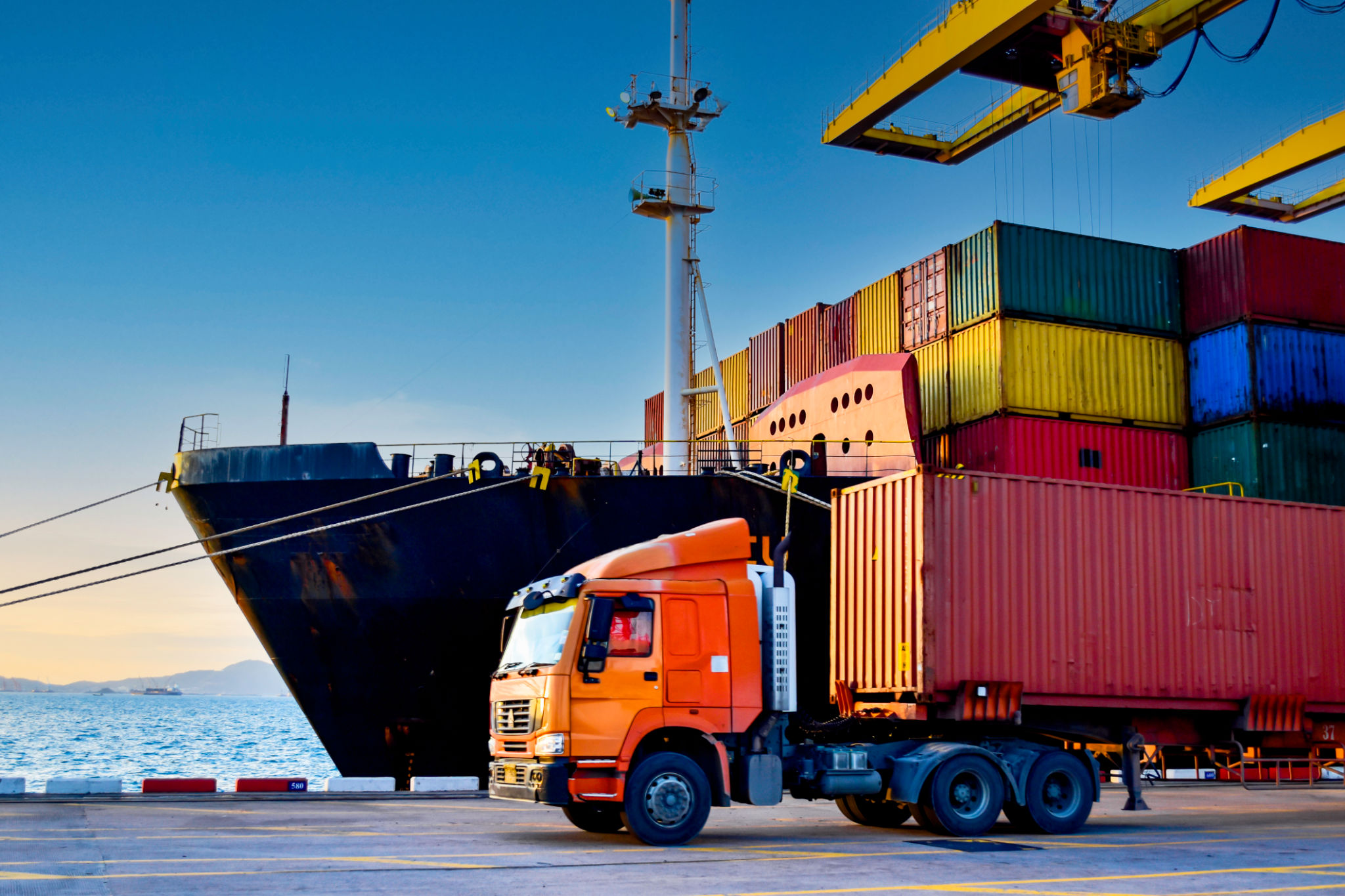A Comprehensive Comparison of Freight Carriers: What to Consider
Understanding Freight Carriers
Choosing the right freight carrier is crucial for businesses that rely on the timely and safe delivery of goods. Whether you're shipping domestically or internationally, the choice of freight carrier can impact your costs, delivery speed, and customer satisfaction. There are several factors to consider when comparing freight carriers, including their services, costs, and reliability.

Types of Freight Services
Freight carriers offer a variety of services to accommodate different shipping needs. These include:
- Full Truckload (FTL): Ideal for shipping large volumes of goods that can fill an entire truck.
- Less Than Truckload (LTL): Suitable for smaller shipments that don't require a full truck, allowing you to share space and cost with other shippers.
- Intermodal: A combination of truck and rail transport, often used for long-distance shipments.
- Expedited: Fast delivery options for time-sensitive shipments.
Cost Considerations
Cost is a critical factor when selecting a freight carrier. Comparing quotes from different carriers can help you find the best deal. Factors influencing pricing include:
- Distance: Longer distances generally result in higher shipping costs.
- Weight and Volume: Larger and heavier shipments cost more to transport.
- Speed of Delivery: Expedited services come at a premium.
- Special Requirements: Handling hazardous materials or fragile items may incur additional fees.
Reliability and Reputation
The reliability of a freight carrier can make or break your supply chain operations. To assess reliability, consider the carrier's track record for on-time delivery and how they handle issues like lost or damaged goods. Reading customer reviews and testimonials can provide insight into their reputation. A strong reputation often correlates with consistent, high-quality service.

Technology and Tracking
In today's digital age, technology plays a significant role in freight transportation. Many carriers offer advanced tracking systems that provide real-time updates on the status of your shipment. This transparency helps you manage your supply chain more effectively and keeps your customers informed. Additionally, some carriers offer online platforms for easy booking, billing, and communication.
Customer Service
Excellent customer service is another key consideration. A freight carrier with knowledgeable and responsive support can help resolve issues quickly, minimizing disruptions to your business operations. Look for carriers that offer multiple communication channels and have a reputation for being helpful and accessible.

Sustainability Practices
Sustainability is becoming increasingly important in logistics. Many businesses are now prioritizing eco-friendly practices by choosing carriers that focus on reducing their carbon footprint through fuel-efficient vehicles and sustainable practices. This not only helps the environment but can also enhance your brand's reputation as a responsible company.
Conclusion
Selecting the right freight carrier involves weighing various factors such as service types, cost, reliability, technology, customer service, and sustainability practices. By thoroughly evaluating your options and considering these elements, you can choose a carrier that aligns with your business needs and supports your long-term goals. Making an informed decision will ensure efficient logistics operations and ultimately contribute to your business's success.
